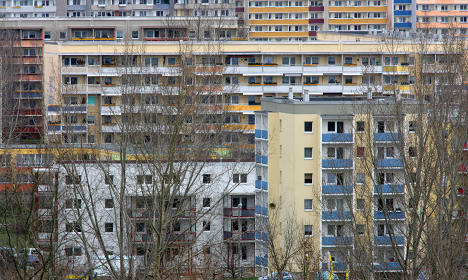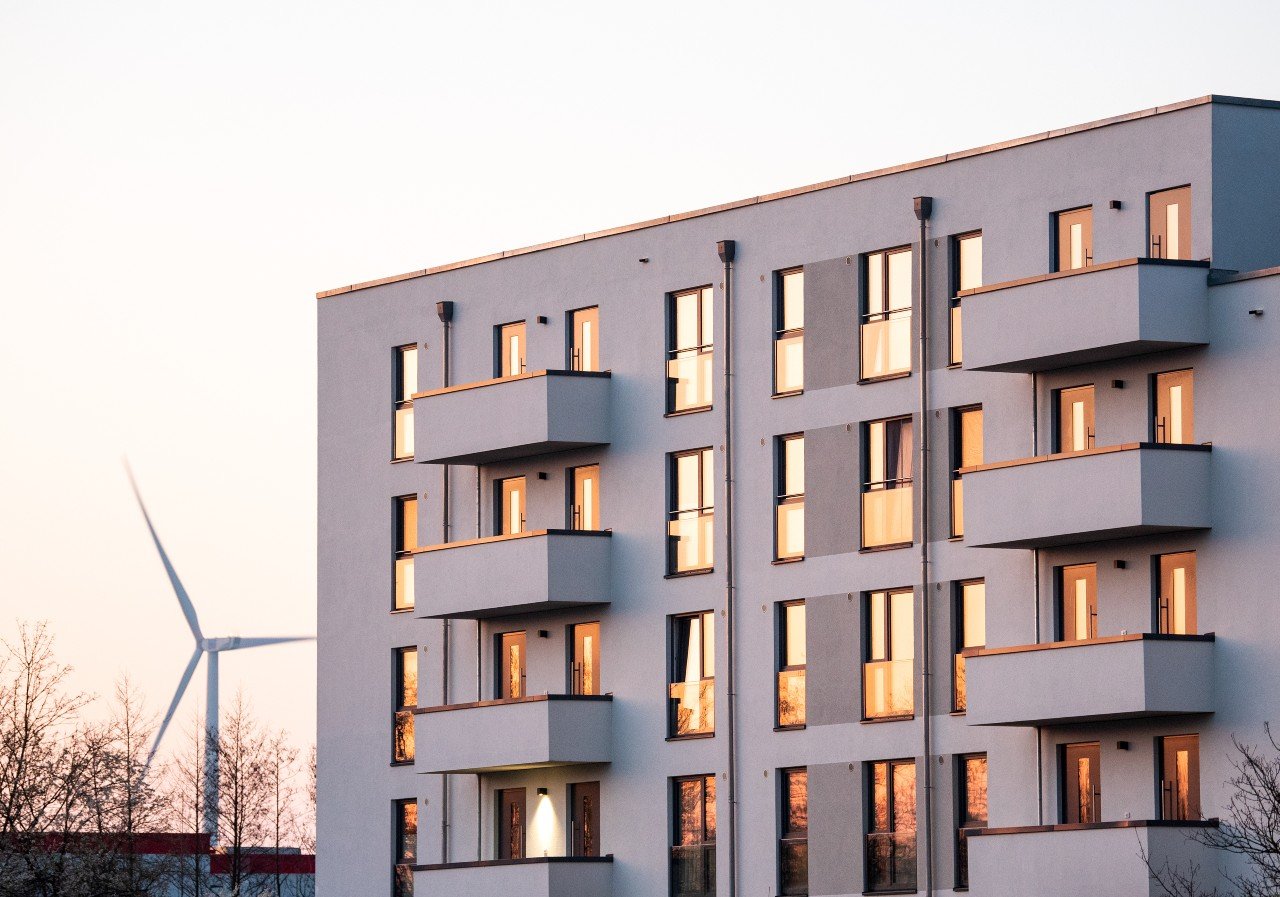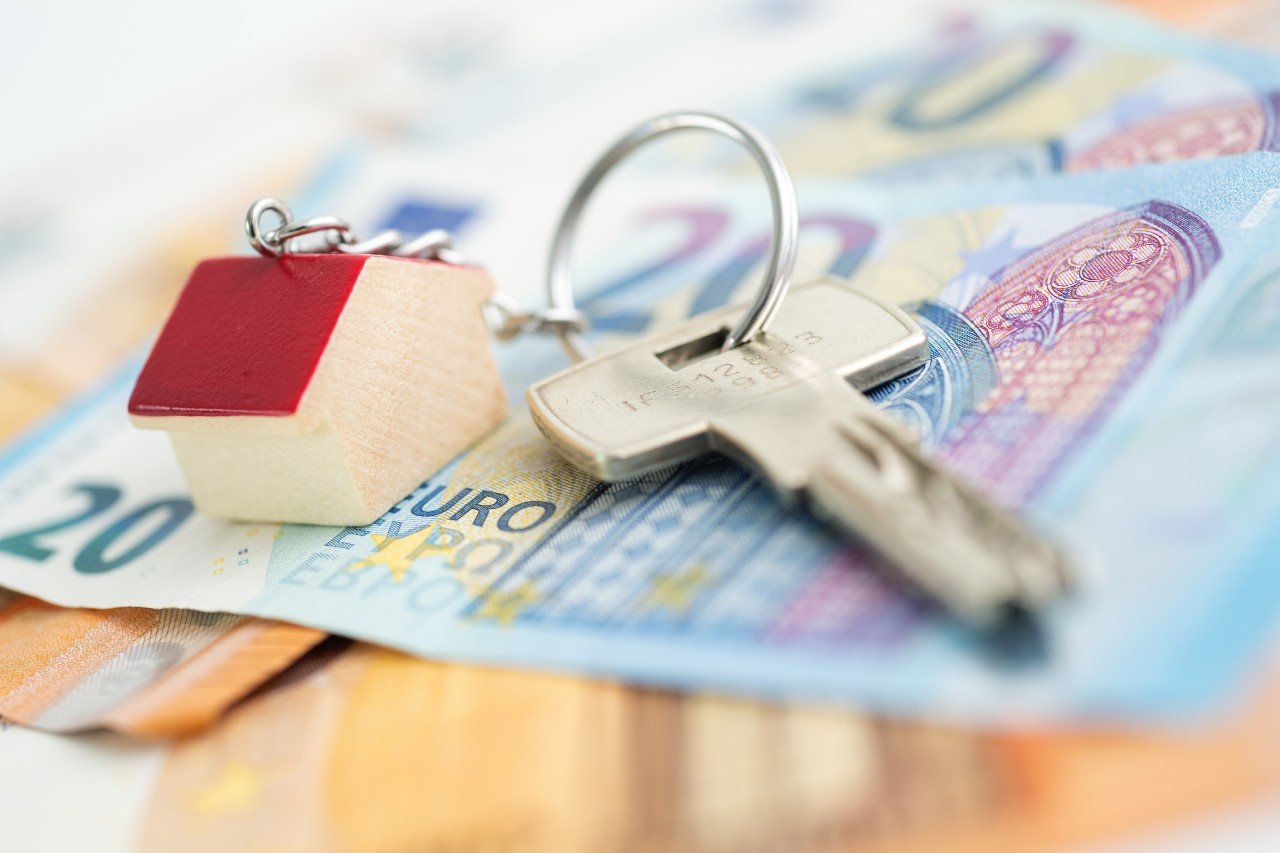“German flats are being snapped up,” said Andre Adami, an analyst for BulwienGesa market research firm. “Any portfolio which comes onto the market meets high demand.”
Around half of prefabricated apartment blocks with more than ten flats sold have been snapped up by foreign buyers who see the market as a lucrative place to invest, spending €3.3 billion in the first half of 2012, said Tuesday’s Handelsblatt business newspaper.
This is the highest level of overseas investment in German property since 2008 and a considerable increase on 2011 when the figure was €2.4 billion for the entire year, figures from real estate company Jones Lang LaSalle showed.
German residential property was one of the best places in Europe to invest, Roger Orf, manager of European property at Apollo Global Management, told the Handelsblatt. The company has a 15 percent share in Germany’s biggest letting company, Deutsche Annington Immobilien AG.
Those looking for large property portfolios have a wide selection to choose from, the paper said, as private equity firms and other investors needing to repay debts they incurred before the market peaked in 2008, are set to put around 100,000 flats onto the market.
Examples include Blackstone private equity firm buying up 8,000 flats from bankrupt investor Level One in March, while in May Cerberus bought 22,000 flats from bankrupt Speymill Deutsche Immobilien Co.
Many of the flats concerned are the prefab buildings which characterised many east German cities, but were also found in the west.
Despite their unappealing appearance, the benefits of the prefabs are clear for a property company, Christian Schulz-Wulkow of Ernst & Young Real Estate told the paper.
“They are very efficient, you can buy a lot of them in the same place and then have a thousand flats that are all very similar and can be handled in same way,” he said.
American investment firm Fortress, is preparing to sell 38,000 Dresden flats – many of which are pre-reunification, Soviet-style, said the Handelsblatt. Such a sale is expected to attract further foreign investors desperate for a safe and even profitable place to put money.
This influx of foreign investment into companies that own property that is causing the German property market to boom.
The market value of the country’s five biggest real estate companies has this year alone gone up by 55 percent, which when compared with the German Dax index, which monitors the top 30 companies, rising by 19 percent, shows how popular property investment is.
Yet some experts remain wary. “Foreign investors are regarding Germany as a safe bet,” said Steffen Sebastian, head of the institute of real estate management at Regensberg University.
“But even the German property market isn’t independent from the rest of Europe,” he told the Handelsblatt, warning of the potential start of a bubble.
“Investments in the German apartment market have a very speculative character, and that makes them very risky,” he said. Cheap financing, fear of inflation and a lack of other investments have pushed prices in comes parts of the country to ridiculous levels, he said.
The Local/jcw







 Please whitelist us to continue reading.
Please whitelist us to continue reading.
Member comments